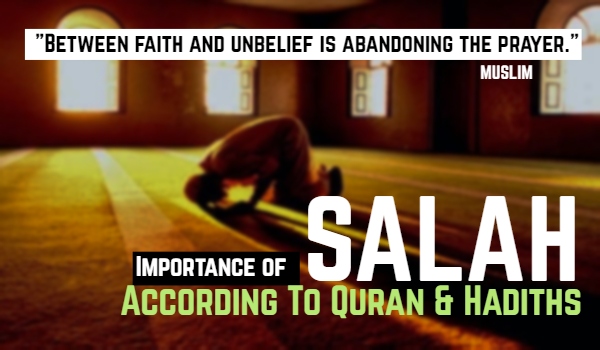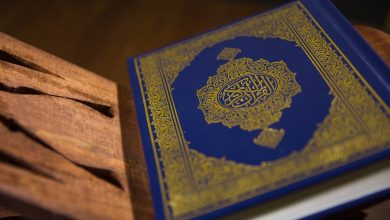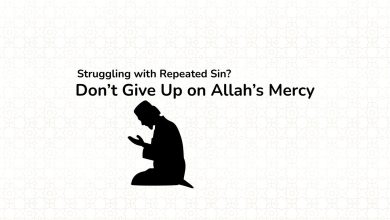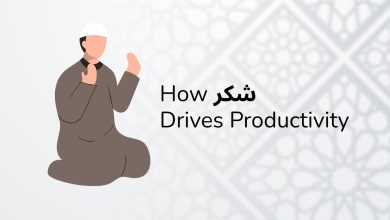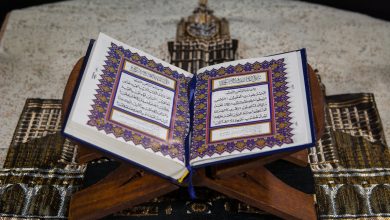Namaz and Physical Health Benefits
Namaz is the second pillar of Islam and also the major form of worship. Salah is obligatory on every Muslim and should offer it five times a day with no excuse for its specific time.
The purpose of Salah is to put ourselves in touch with Allah Almighty; to strengthen our relationship with Him; to be grateful for all His blessings, and to remind ourselves of His Greatness. Just like a person’s body requires physical needs such as food and water, the soul has spiritual needs. The needs of the soul are provided by acts of worship, the most important of which is Salah.
Allah Almighty says in the Noble Quran:
“O you who believe! Respond to (the call of) Allah and His Messenger when he calls you to that which gives you life.”
(Quran, 8:24)
Health benefits of Ablution/Wudu/Wuzzo
- Wudu (Ablution) with water where one washes his hands, face, and feet region leads to preventing germs from the body thus promotes good health.
- Ablution (Wuzzo) stimulates biological active spots similar to Chinese Reflexo-Therapy, which has beneficial therapeutic effects on the hands, face and feet region.
- Ablution helps to relax the nervous system and eases tension, stress and anxiety.
- Washing hands five times a day (excluding washing before dietary intake) before Namaz means an effective way to keep germs away from the body.
- Hand washing is an efficient way to prevent spread of germs.
- Gargling during ablution (Wudu) is very important as it helps to remove germs, allergens and dust particles.
- Gargling with plain water reduces the chances of common cold to a greater extent thereby contribute to health and hygiene. It also reduces viral respiratory infections. Gargling ensures reduction in bad breath too.
- Nose cleansing during Wuzzo removes dusts, allergens and contaminated matter. Nose cleaning with plain water helps to minimize the infections such as flu, sinusitis, cold and chest infections.
- Nasal cleaning with water overcomes nasal congestion and clear sticky matter in the nose.
- Nasal cleaning helps to treat allergic rhinitis, good for nasal dryness and improves breathing.
- Face washing during ablution is very beneficial for refreshing as well as improving the facial complexion.
- Face washing reduces the impact of oily skin and retarded the growth of acne, pimples, wrinkles, and other facial spots.
- Ears cleaning during ablution are quite effective to prevent wax accumulation. Cleaning ear with wet fingers five times a day is also good to remove dust and germs from the outer region of the ears.
- Washing the feet during Wuzo helps to cleaning dirts, fungus. It also acts like as acupressure while fingers are passing through the bottom area of the toes. Rubbing the toes with fingers is also good in case of diabetes and removing pain from the body. As lots of accu points are present in the upper and lower parts of toe regions and pressing these during ablution is helpful in curing of pain like back pain, arthritis, joints pain, etc.
Namaz and physical health benefits
Namaz has multiple many health and fitness benefits. Some of the important physical health benefits are as follow:
Below mentioned are some major physical benefits that a person can achieve by offering Salat (Namaz) five times a day.
- Namaz improves body posture. Improper body posture is one of the most common things to which people search for treatment. An improper posture can occur because of various reasons dealing with the way a person walks or the kind of work he or she does. When a Muslim performs Salat (Namaz), standing in the state of Niyyah is the best exercise he/ she can have for an improved body posture. The feet of a person are evenly apart, the body is firm and straight, the hands are tied at a place which makes the backbone aligned and straight and the position of the head is looking downwards that also allows the body to loosen while being in a firm position.
- The forward bending Rukuh position is best for a person’s lower vertebrate which relaxes the lower back, hip pain, knee pain, ankle pain, and Toe pain. Ruku position helps in maintaining the flexibility of shoulders, elbow, wrist, knees, and ankles.
- The Sajadah posture of Salat can help a great deal in controlling the belly from expanding and accumulating fats. The knees and both the feet are on the ground while the head goes to the ground in such a way that a refined pressure is put on the abdominal muscle making them strong. This type of exercise is recommended for women who want to hold the fetus in the proper position. Therefore, if you wish to control your abs and make them slim then prayers five times a day is a good exercise for doing so.
- Standing posture in Qiyam ensures proper blood flow in the lower portion of the body. It is also good for strengthening the leg muscles.
- The position of Qaadah helps bring relief to the back, toes, and knees.
- The Namaz (Salat) is finished with ‘Salam’ which is an excellent exercise for the neck and vertebral column.
Read More:
